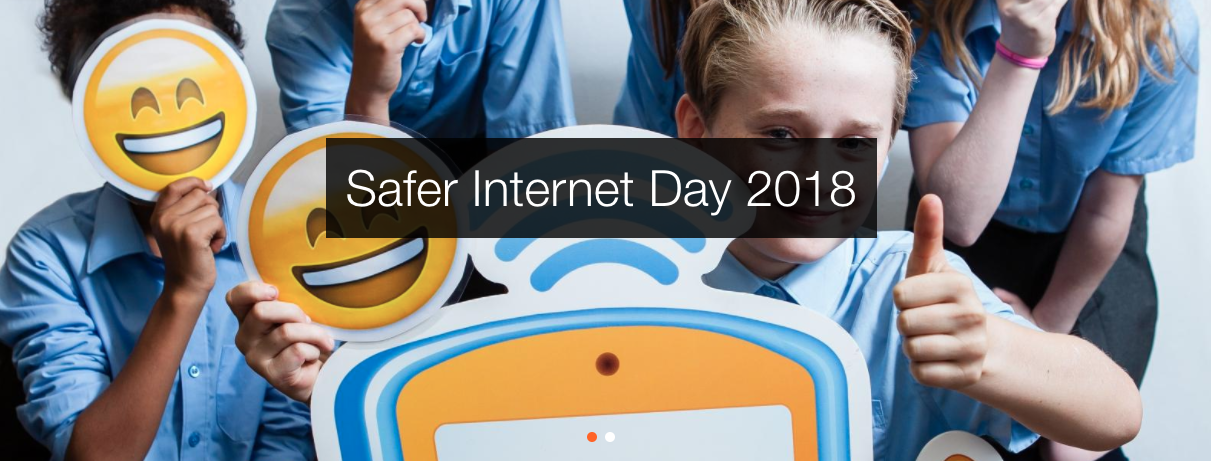We’ve written a Conies poem for children on Safer Internet Day
Stay safe and play – it’s better than the internet any day!
The Internet is fun – now and then
But watch your eyes and take a break
When we are tired we can make a mistake
Be careful who you talk to when on line
Never give your details and take your time
To check you are safe and check what to do
Making a mistake is easy to do
Remember fresh air is what we all need
To help our lungs be healthy and breathe
Look after your body, mind your eyes
And never let anyone on the internet take you by surprise!
 We want to help you keep your children safe online as well as when they’re out and about. That’s why The Conies are supporting Safer Internet Day 2018 on 6 February.
We want to help you keep your children safe online as well as when they’re out and about. That’s why The Conies are supporting Safer Internet Day 2018 on 6 February.
With the development of internet-connected toys and the use of tablets by pre-school children, it’s important to be able to support safe internet use for your children.
Here’s the Conies top tips for internet safety, taken from the very useful NSPCC site, UK Safer Internet Centre and other sources:
- Keep mobiles and tablets safe to use. All these devices have settings menus that allow you to manage your child’s use of them. It’s particularly important to restrict location and sharing controls, to manage what information your child may unwittingly share. Watch this video from the NSPCC for more information.
- Use the settings on your home broadband to restrict access to age-inappropriate content. Many providers offer free filters to apply to your system that will restrict the types of sites that can be accessed as well as the time of day that certain devices can access the internet. The four big providers (sky, BT, TalkTalk and Virgin Media have produced a handy video guide to take you through the process. Remember these won’t apply if you are using public Wi-Fi or at other people’s homes.
- Talk to your child regularly. This is often the best way to keep them safe online. Discuss and agree the boundaries and timing around internet access. Go through the apps they use and make a list of them together. There are lots of resources to help you, including e-books from the UK Safer Internet Centre to read with your child and this guide from the NSPCC on starting the conversation.
- Know your channels. Older children may use a range of social networks and games to keep in touch with friends. NSPCC Net Aware have a handy online guide to explain a range of social media and game sites. https://www.net-aware.org.uk/
- Finally, remember that there are many other ways to keep children entertained. How about the great outdoors? The National Trust is a great place to start for advice on activities for your family that gets them off a screen and into the fresh air. Check out their advice here. If you are local to us in the Birmingham area, here’s some fantastic ideas for free things to do.

